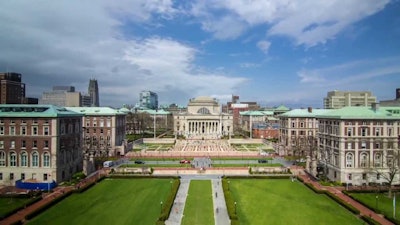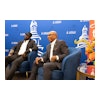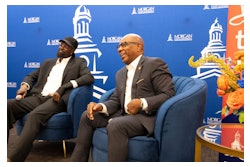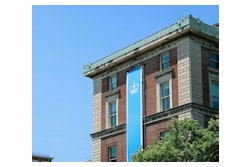Nearly 100 Columbia University faculty members are criticizing the school’s plan to open a new research hub for professors and graduate students in Tel Aviv, Israel, citing the country’s human rights record and political situation, The New York Times reported.
In the fall, Israeli Prime Minister Benjamin Netanyahu was reelected with the help of far-right political allies. He has since pushed forward polarizing judicial reforms and his delayed trial for corruption looms.
Columbia’s faculty seems to be quite divided on the matter. Although 95 Columbia faculty have signed an open letter against the plan, 172 have signed another letter supporting the center.
Critics cited concerns about academic freedom, complying with U.S. nondiscrimination law, and the role of a university in global politics.
“The state of Israel, through formal and informal law, policy and practice, refuses to abide by international human rights laws and norms both domestically and in its treatment of Palestinians,” the letter noted.
There are also concerns about Israel’s practice of denying entry to travelers on the basis of political views, ethnicity, or national origin. Several Columbia faculty and students have been barred from entering, said Dr. Rashid Khalidi, a history professor at Columbia.
Meanwhile, supporters said the hub would be separate from the nation’s politics. They said being against a center in Tel Aviv meant giving Israel institutional disapproval that Columbia does not apply to other countries where its students and faculty work.
Columbia has 10 other global centers in locations such as Beijing, Istanbul, Paris, and Nairobi.
“One does not have to support the policies of the current government of Israel — and many of us do not — to recognize that singling out Israel in this way is unjustified,” the second letter wrote.


















